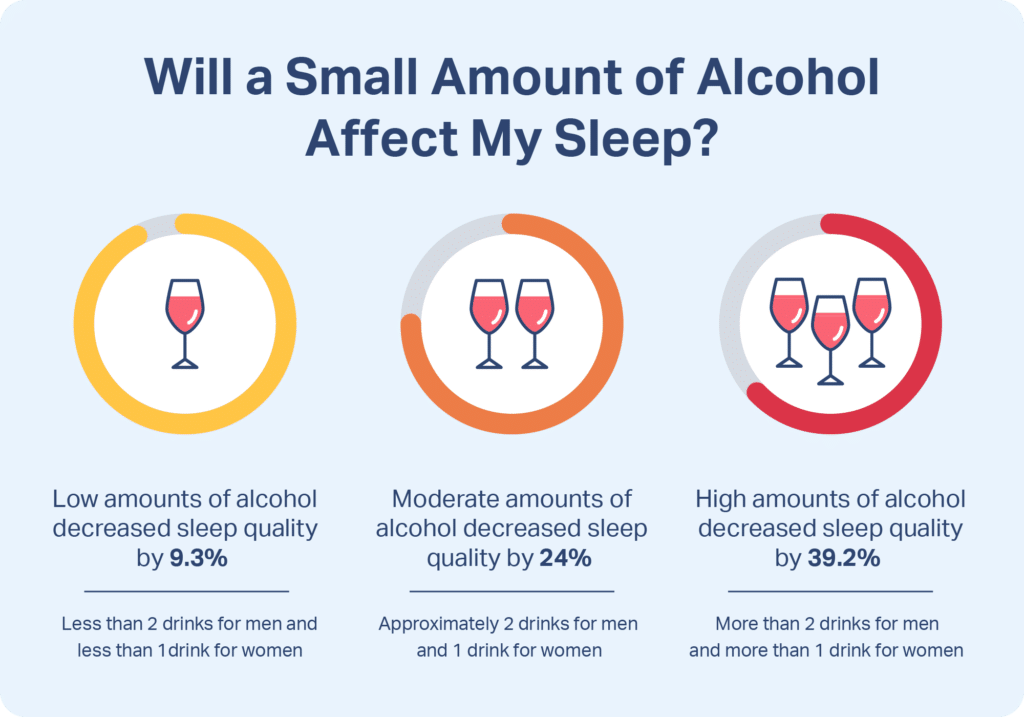Let’s be honest getting a good night’s sleep isn’t always as easy as just closing your eyes. Sometimes, you’re tossing and turning, counting sheep, or staring at the ceiling wishing sleep would hurry up and find you. Sound familiar?
Here’s the thing: sleep is absolutely vital for your body and mind to function well. Good sleep can improve your mood, help you focus, and even keep you healthier in the long run. But when you’re running on fumes, everything from work to relationships can feel like an uphill battle.
Don’t worry, though! This guide is packed with 17 proven hacks to help you sleep better tonight—yes, tonight. These are practical, easy-to-try tips that’ll have you saying goodbye to restless nights and hello to dreamland.
Why Does Sleep Even Matter?
Sleep isn’t just “downtime” for your body, it’s when your brain recharges, your muscles repair, and your immune system gets stronger. Without it, you’re more prone to stress, illness, and even serious conditions like heart disease or diabetes.
As Dr. Raj Dasgupta, a sleep medicine expert, puts it: “Sleep is the foundation of health.” So if you’ve been skimping on those ZZZs, now’s the time to turn things around.
Morning Hacks to Set Yourself Up for a Better Night’s Sleep

Sleep actually starts in the morning crazy, right? What you do during the day has a huge impact on how well you sleep at night.
1. Get Up at the Same Time Every Day
Yes, even on weekends. We know sleeping in feels amazing, but it throws off your body’s natural clock (a.k.a. your circadian rhythm). Stick to a consistent wake-up time, and you’ll start feeling sleepy at the right time every night.
2. Let in Some Sunlight
Step outside or open the curtains first thing in the morning. Natural light wakes up your brain and helps regulate melatonin, the hormone that tells your body when it’s time to sleep.
3. Move Your Body
Exercise is a natural stress-buster and a great way to improve sleep quality. Morning workouts are especially effective just don’t do intense workouts too close to bedtime.
4. Fuel Your Day Right
Eat a healthy breakfast with protein and fiber (think eggs, whole-grain toast, or a smoothie). It keeps your energy steady and prevents mid-day slumps that could mess up your sleep schedule.
Easy Wind-Down Routines to Relax at Night
Once evening rolls around, it’s time to send your body some “hey, it’s bedtime soon” signals.
5. Dim the Lights
Bright lights trick your brain into thinking it’s daytime. Switch to softer, warmer lighting a couple of hours before bed or even light a candle if you’re feeling fancy.
6. Unplug from Screens
Blue light from phones and laptops can mess with your melatonin production. Try turning off devices an hour before bed or switching them to “night mode.”
7. Take a Warm Bath or Shower
A warm soak can help you relax and lower your body temperature a signal to your brain that it’s time to sleep.
8. Try Deep Breathing or Meditation
Feeling stressed? Take a few deep breaths (inhale for 4 counts, hold for 7, exhale for 8). Or try a short meditation, it’s like a reset button for your mind.
Making Your Bedroom a Sleep Sanctuary
Your bedroom environment plays a huge role in how well you sleep. Think of it as your personal sleep spa.
| Element | How to Optimize It |
|---|---|
| Temperature | Keep it cool—around 60–67°F (15–19°C). A chilly room helps your body stay in a deeper sleep state. |
| Lighting | Use blackout curtains or wear an eye mask to block out light. |
| Noise | Drown out distractions with a white noise machine or soft fan sounds. |
| Bedding | Invest in a comfy mattress, soft sheets, and pillows that suit your sleep style (side, back, or stomach). |
| Scents | Use lavender essential oil, it’s known for its calming effects. |
9. Declutter Your Room
A clean, organized space makes it easier to relax. Get rid of any mess that stresses you out.
10. Reserve Your Bed for Sleep and Relaxation
Your bed should only be for sleep (and okay, intimacy). Avoid working, scrolling, or eating in bed.
Food, Drinks, and Supplements That Can Help or Hurt Sleep
What you eat and drink matters more than you think.
11. Avoid Caffeine in the Afternoon
Caffeine stays in your system for hours so that 3 p.m. coffee might still be keeping you awake at midnight. Switch to herbal tea or decaf if you’re craving something warm.
12. Skip the Nightcap
Alcohol might make you drowsy, but it disrupts your REM sleep, which is crucial for feeling refreshed.
13. Don’t Go to Bed Hungry or Stuffed
A light snack before bed can help try a banana, almonds, or a small bowl of oatmeal. Just avoid heavy, spicy, or greasy foods that might keep you up.
14. Drink Less Before Bed
Too much liquid in the evening can lead to late-night bathroom trips. Stop drinking water 1–2 hours before bed.
Supplements to Consider
Sometimes, a little extra help can go a long way.
15. Melatonin
This popular supplement helps regulate your sleep cycle. Start with a low dose (0.5–3 mg) about 30 minutes before bed.
16. Magnesium
Known for its calming effects, magnesium can relax your muscles and help you wind down.
Can alcohol improve sleep?

While alcohol may help you fall asleep initially, it disrupts REM sleep, leading to poor rest and increased wakefulness.
17. Herbal Sleep Aids
- Valerian root: Helps you fall asleep faster.
- Chamomile: Known for its relaxing properties.
FAQs About Sleep
Q1: How Many Hours of Sleep Do I Really Need?
Most adults need 7–9 hours per night. But listen to your body, if you’re constantly tired, you might need more.
Q2: Can Napping Hurt My Sleep?
Short naps (15–30 minutes) are great, but avoid long or late naps that could mess with your nighttime sleep.
Q3: Is It Okay to Watch TV Before Bed?
It’s not ideal, but if it helps you relax, go for it. Just set a timer so the TV doesn’t wake you up later.
Q4: When Should I See a Doctor About Sleep Issues?
If you’ve tried these tips and still can’t sleep, or if you snore loudly or wake up gasping, talk to a sleep specialist.
Final Thoughts
There you have it 17 easy, practical tips to help you sleep better tonight. Start by trying one or two changes, like dimming the lights or cutting out caffeine after lunch. Little by little, these habits will add up to better, deeper sleep.
Remember, sleep is a gift you give yourself. Treat it as a priority, and your mind and body will thank you. Sweet dreams!
References
- National Sleep Foundation. (2023). The Science of Better Sleep. Retrieved from https://www.sleepfoundation.org
- Harvard University Study. (2018). How Blue Light Affects Sleep. Retrieved from https://www.harvard.edu
- Dasgupta, R., MD. (2024). Understanding Sleep and Its Benefits. Sleep Medicine Journal.
- Sleep Health Foundation. (2022). Practical Sleep Hygiene Tips. Retrieved from https://www.sleephealthfoundation.org.au
- CDC. (2023). Why Sleep Matters. Retrieved from https://www.cdc.gov


